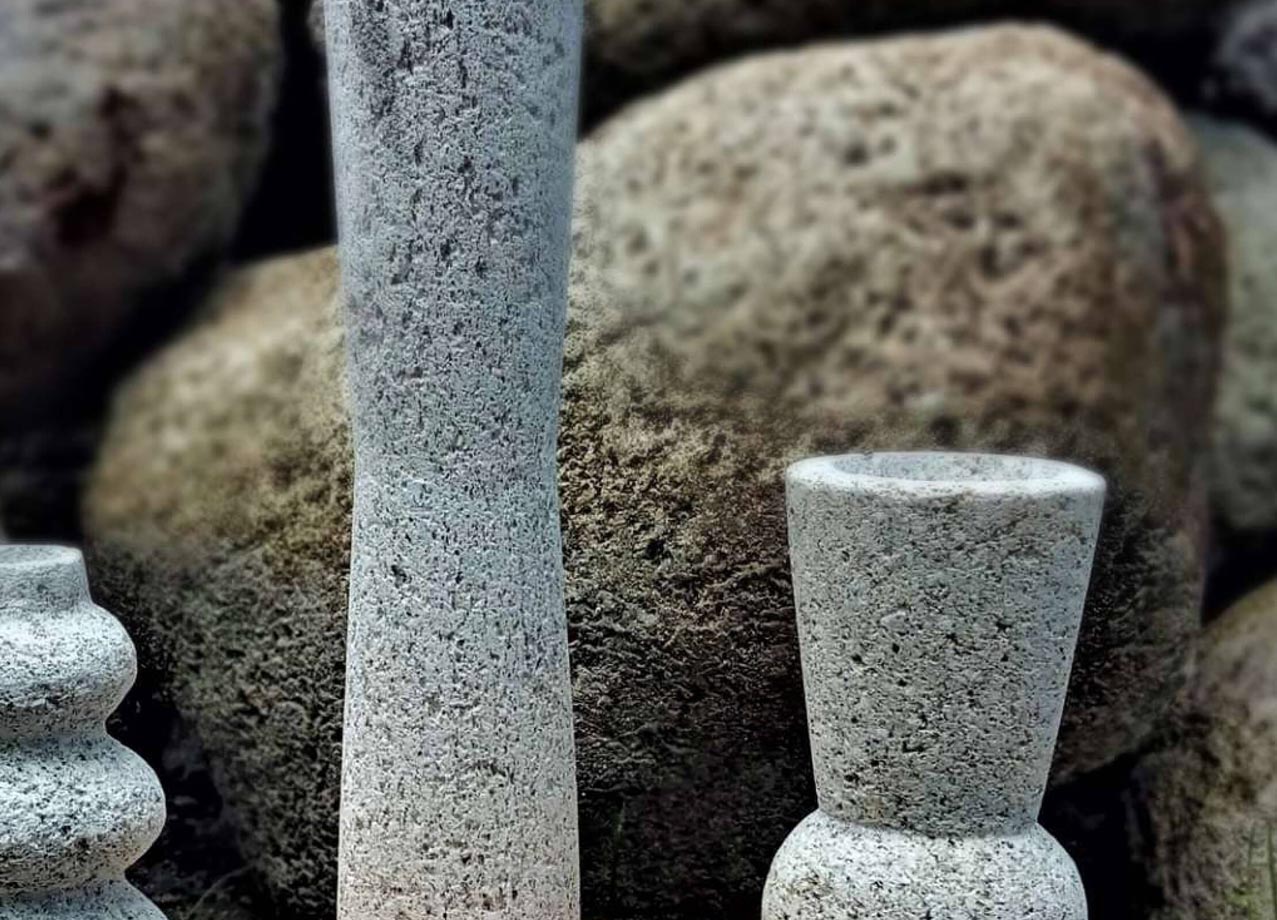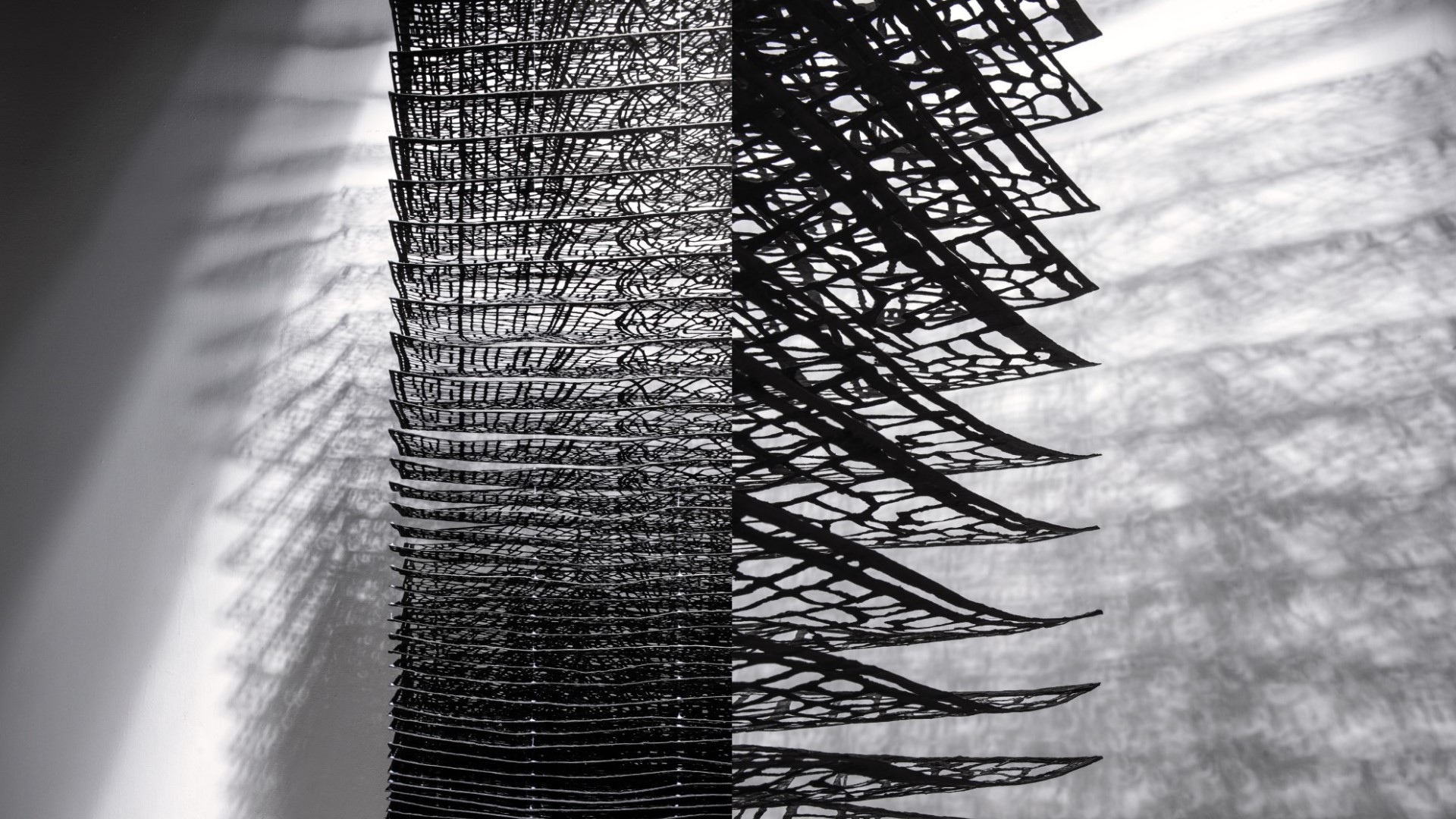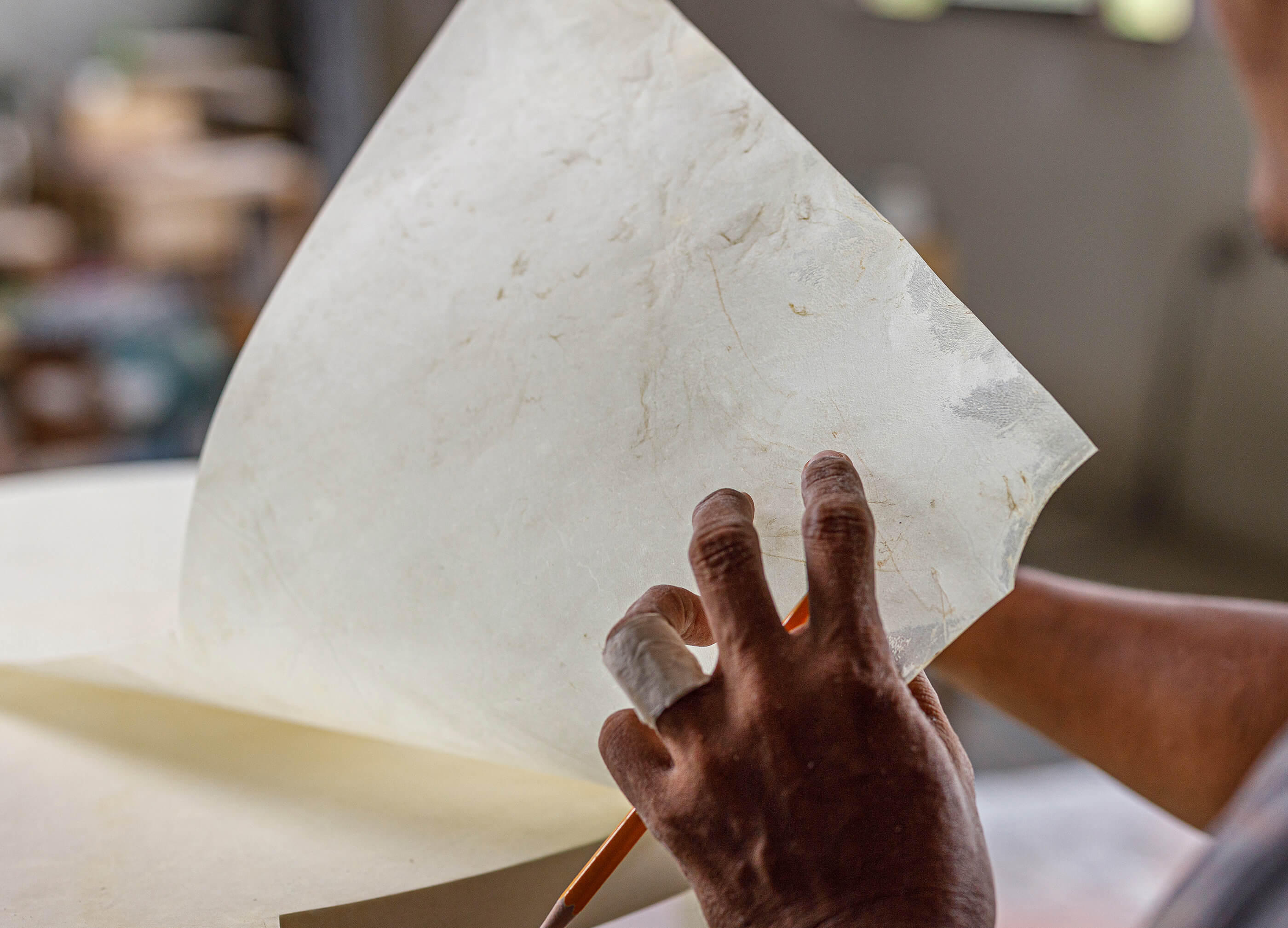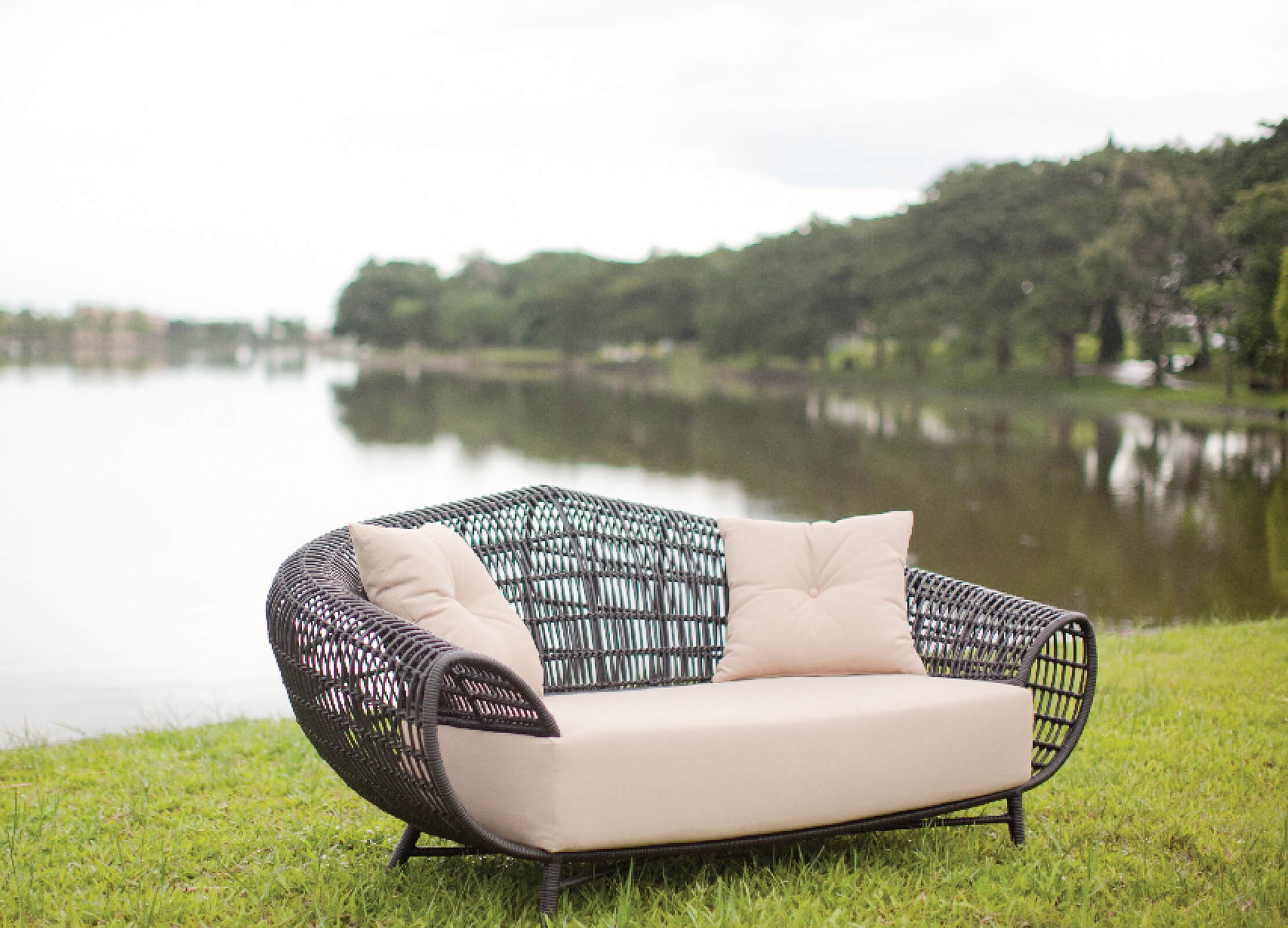
Abaca, The Strongest Natural Fiber
Since the early 70s, Shelmed Cottage Industries has been using abaca fibers as its main raw material. According to company owner, Mary Mediatrix Villanueva, she and her husband, Jose, started with the production of rugs, carpets, placemats and other dining accoutrements. To adjust to fluctuations in the export market, the couple diversified their lines to include bags, textiles, as well as home accessories and decor.
Abaca, the toughest natural fiber, used to be one of the Philippines’ top exports. It was in high demand during the 1800s up to the mid-1900s, valued for its strength, non-slippage character, as well as its resistance to salt water damage. The fibers are used mostly for the production of twine and cordage, while abaca pulp is made into specialty paper, such as bank notes, tea bags and coffee filters. The arrival of synthetic yarns and materials, however, edged abaca out of the export market.
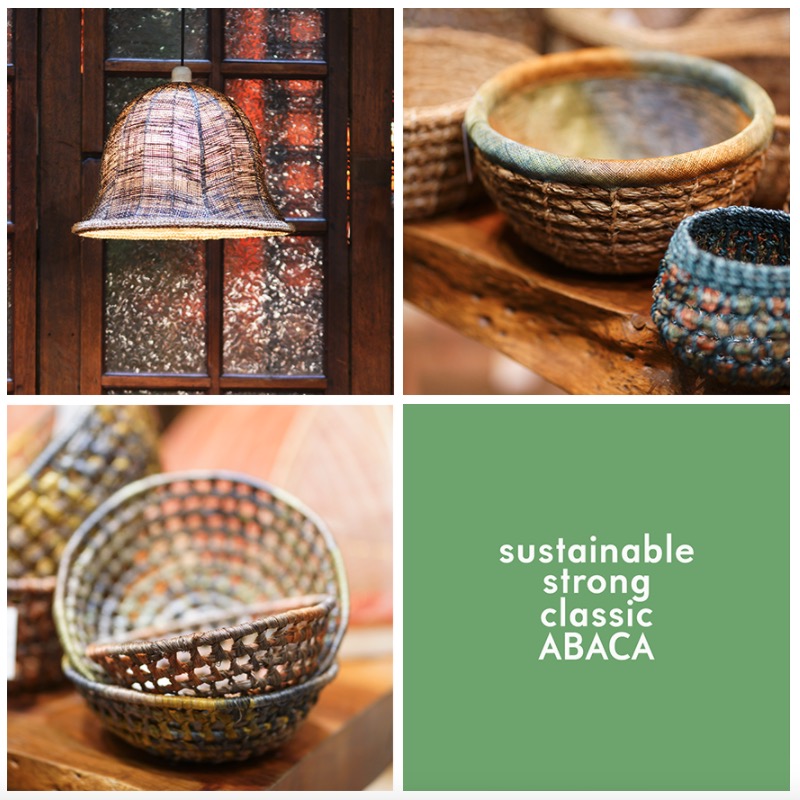
Shelmed demonstrated new ways of using abaca to make the material in-step with global design trends.
In the past couple of years, there has been renewed interest in abaca, due in part to the growing concern for the environment and the increasing pressure for conscientious consumption.
At Manila FAME October 2018, Shelmed Cottage Industries showed an expansive range of abaca products, staged in an atmospheric setting that evoked the quiet mood of a Filipino provincial home. The booth’s design enhanced the charm of the pieces on show that included baskets, bags, decor and home accessories.
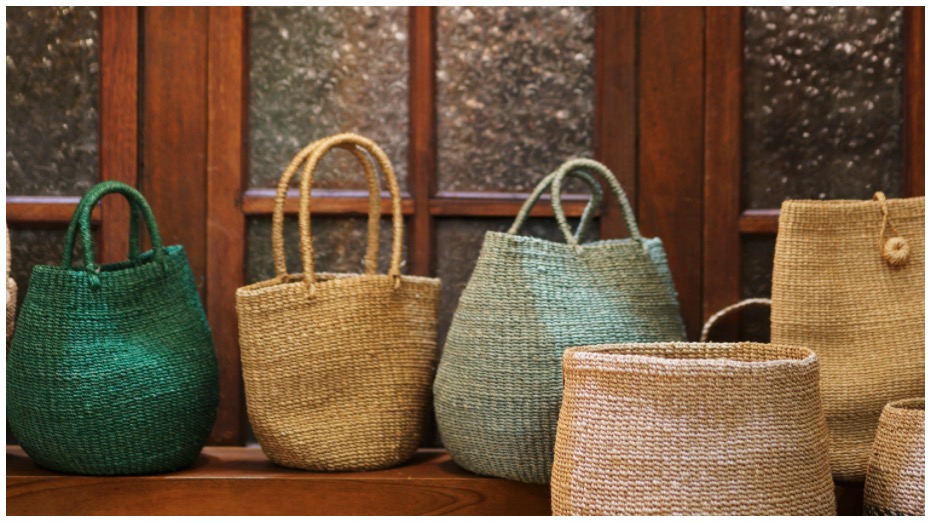
Abaca baskets and bags are staples in Shelmed’s product portfolio.
Mary and Jose showed how abaca has transitioned for present times, with new colors, weaving patterns, as well as applications. Based on the enthusiastic response, abaca is about to have its moment.
Top photo: Detail of a lamp’s crocheted abaca shade.
CONTACT INFORMATION
Sheldon A. Villanueva
President
63 2 7251974 | 63 2 7219483
[email protected]
www.shelmed.com
Mandaluyong City, 1552 Philippines


